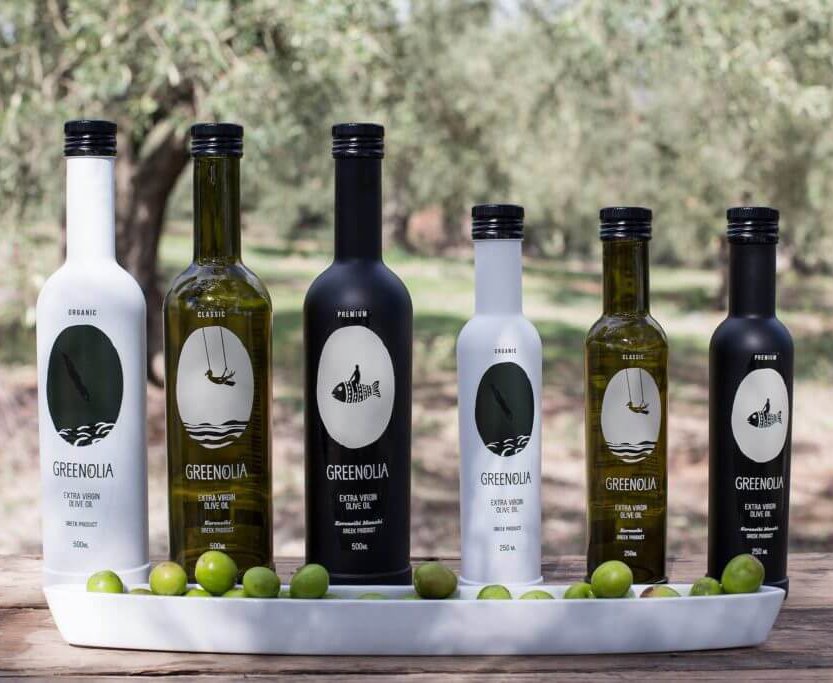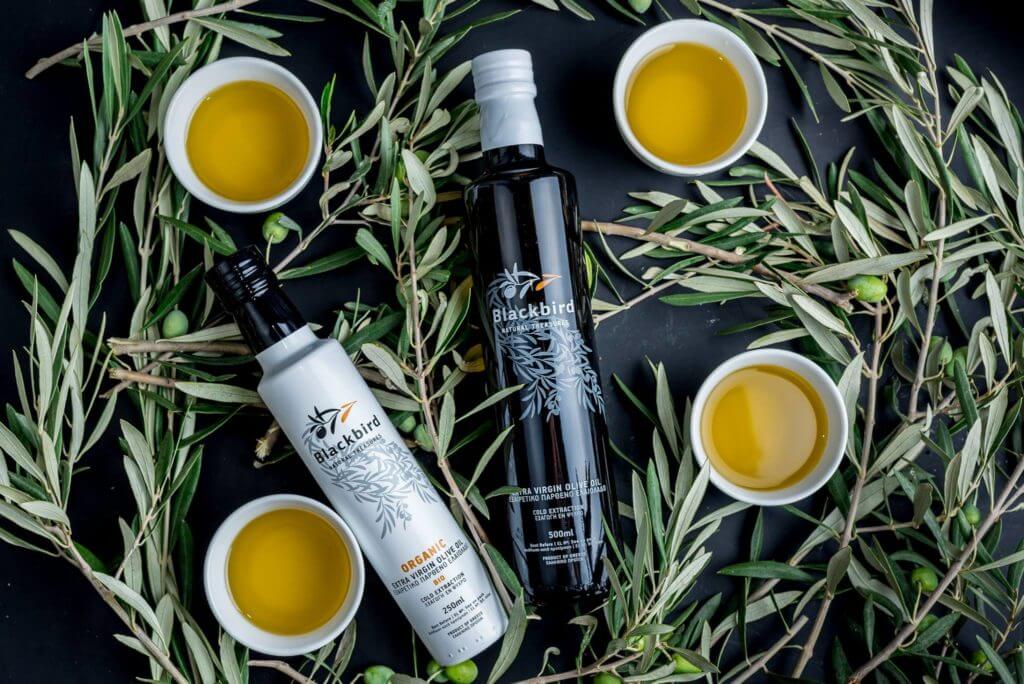Packaging plays a crucial role in preserving the quality of olive oil. For manufacturers, selecting the ideal bottle is not just about aesthetics but also about functionality and product longevity. Here’s a comprehensive guide to help you make the best choice, with a focus on glass bottles as the optimal solution.

Key Considerations When Choosing Olive Oil Bottles
- Protection Against Light
Olive oil is highly sensitive to light, especially direct sunlight, which accelerates oxidation and degrades its nutrients and flavor. Manufacturers should prioritize packaging that blocks or minimizes light exposure. Solution:- Opt for dark amber glass bottles, which offer excellent light protection, preserving the oil’s freshness and nutritional value for up to 24 months.
- Avoid transparent containers unless they are stored in secondary protective packaging, such as cartons or wraps.
- Material Safety and Compatibility
Some materials, such as metals, may react with olive oil over time, altering its composition and taste. Similarly, plastic containers can leach harmful substances into the oil, particularly when exposed to heat. Solution:- Use glass bottles, which are chemically inert, ensuring the oil remains untainted. Glass also prevents interaction with air and moisture, reducing the risk of oxidation.
- Temperature Stability
Olive oil requires cool storage conditions, ideally between 5–15°C. Packaging must withstand temperature fluctuations without compromising the oil’s quality. Solution:- Glass bottles excel in temperature stability compared to plastics, making them ideal for maintaining oil integrity during storage and transportation.
- Airtight Sealing
Exposure to air can lead to oxidation, affecting the oil’s flavor and nutritional content. Ensuring an airtight seal is vital. Solution:- Equip glass bottles with high-quality, airtight caps, such as corks or screw tops with seals, to prevent air from entering after use.
- Durability During Transport
Olive oil bottles must withstand transportation without breaking or leaking. They should also protect the oil from contamination, humidity, and sunlight during transit. Solution:- Glass bottles, when paired with secure packaging materials (such as corrugated boxes with dividers), provide superior durability and safety for shipping.

Best Practices for Olive Oil Storage and Transportation
To maximize the shelf life and quality of olive oil, consider these storage and handling tips:
- Avoid Direct Light: Store bottles in cool, dark places to prevent photochemical reactions.
- Control Temperature: Maintain consistent storage temperatures, ideally between 5–15°C.
- Seal Properly After Use: Always close the bottle tightly to minimize air exposure.
- Avoid Metal Containers: Use only inert materials like glass to store olive oil.
Why Glass Bottles are the Optimal Choice
- Light Protection: Amber or green-tinted glass effectively blocks harmful UV rays.
- Chemical Inertness: Glass doesn’t interact with the oil, preserving its natural taste and nutrients.
- Premium Appeal: Glass conveys quality and sophistication, elevating the perceived value of the product.
- Eco-Friendliness: Glass is recyclable and aligns with sustainable practices, an increasingly important factor for modern consumers.
By selecting high-quality glass bottles and adhering to proper storage and transportation practices, manufacturers can ensure that their olive oil reaches consumers in optimal condition, enhancing both product reputation and customer satisfaction.

